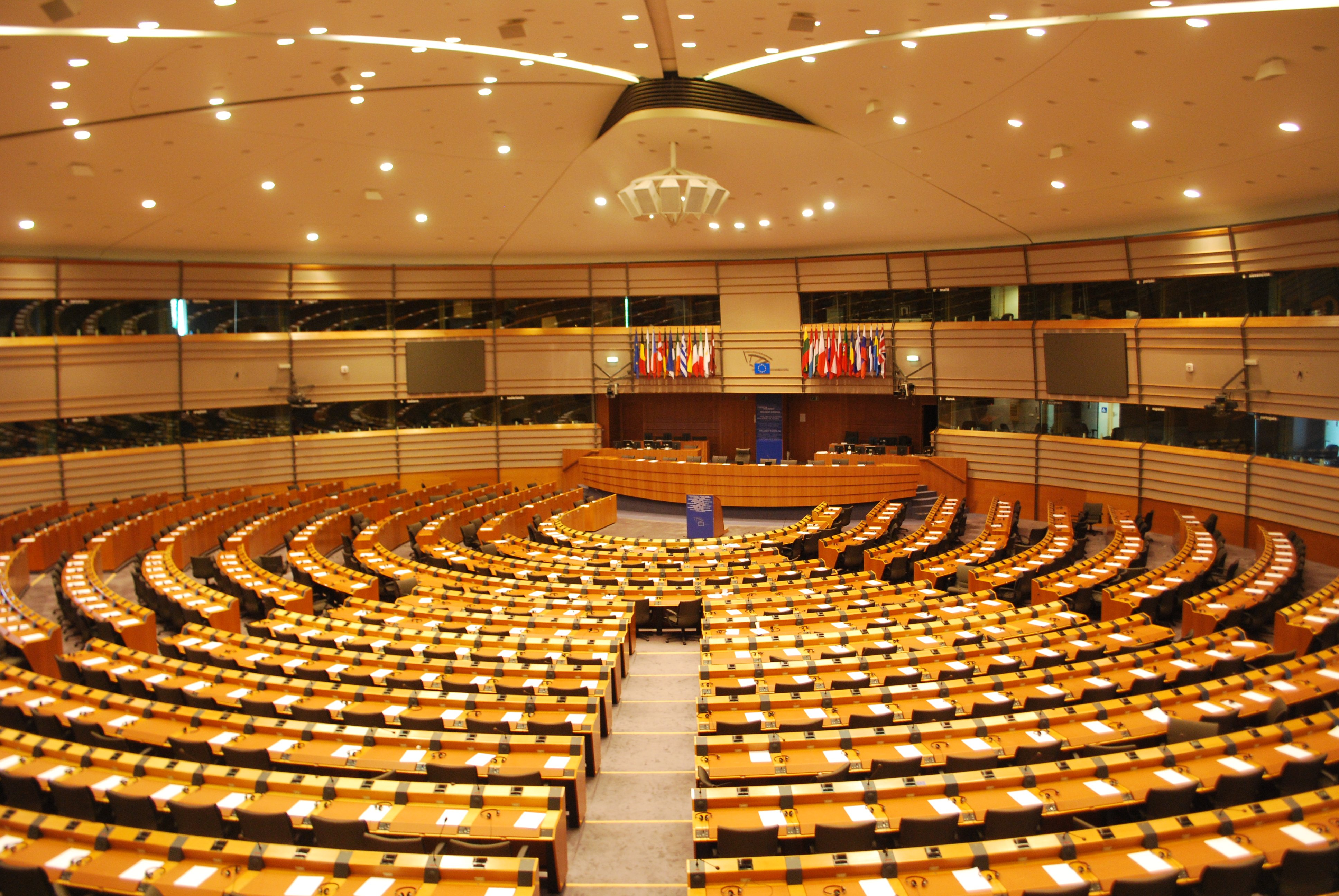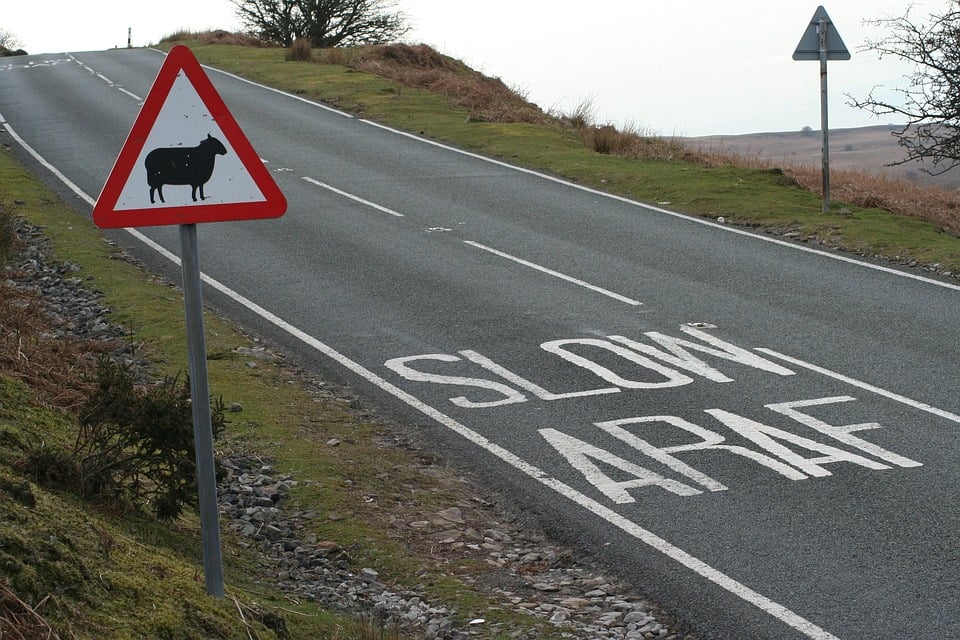December 08, 2017
By Geraint
In
Today we will try to answer a controversial question which most people in the language industry ask at least once in their lifetime: is being bilingual enough to become a professional translator? To answer this difficult question, we need to take it right back to the start and look up the definitions of “ bilingual” and “ translator” in the dictionary. According to the Collins Dictionary, the definition of bilingual is “involving or using two languages”, meaning one is “able to speak two languages with fluency”. A translator is “a person whose job is translating writing or speech from one language to another”. However, the dictionary definition of a "translator" is far away from what being a qualified, professional translator really entails, and it can misrepresent the abilities and competencies of translators.
According to the BBC, it is estimated that over 95% of the British population are monolingual English speakers, while only 5% are bilingual or multilingual speakers. In Scotland, 1.4% of the population speak Scottish Gaelic; in Northern Ireland, 6.6% speak Irish Gaelic as well as English; and in Wales, 21% of the population also speak Welsh. In addition, more than 5.5% of the British population are immigrants that have brought into the country a diverse range of community languages. The largest group is made up of South Asian languages such as Punjabi, Hindi, Bengali and Gujarati. Other community languages include Italian, Cantonese, Polish and Greek. The difference between being competent in two languages and perfecting the ability to translate them lies at the heart of the answer. To understand and be understood in two different languages does not necessarily guarantee that one has the required skills to translate ideas and concepts like for like. To successfully comprehend ideas or concepts, not merely the words on the page text, is the first task of a translator. I will try to explain this further by summarising the competences and skills of translators.
How Bilingual Is Britain?
Translators Are Linguists, Subject Matter Experts and Bridges Between Cultures
[su_spacer size="10"] Being bilingual and knowing how to express oneself orally in different languages does not necessarily mean that one has the skills to translate effectively. A translator is trained to use a wide range of vocabulary and stylistic devices. He/she is an expert in language; a linguist that knows about orthography; grammar and syntax; morphology and lexicography; linguistics; traductology; and translation techniques. In addition, professional translators are experts in their fields of specialisation and have additional qualifications in these fields to provide a more accurate and high-quality translation. Areas of translation specialisation include medical, technical, economic, law, audio-visual, literary, tourism, localisation, or video game translation… Translators have an awareness of the cultural nuances of both the source and target languages, and they are able to adapt the message expressed in the source text to a target language with the peculiarities of a different culture included. In this multicultural society we live in, translators become bridges between cultures. Their role as intercultural mediators is particularly important nowadays, because without translation we would be limited to the borders of our own country.
Translators also possess a wide range of further skills...
 Bearing these key skills in mind, being bilingual in itself own does not assure high-quality translation. Bilingual speakers, while they may have the ability to communicate effectively in two languages, may have not have the language knowledge, cultural experience or technical knowledge professional translators have of a language or a specific subject matter. In conclusion, only knowledgeable, experienced translators can provide the level of quality necessary for professional document translation. Written by María Gracia; Edited by Geraint Jones
Bearing these key skills in mind, being bilingual in itself own does not assure high-quality translation. Bilingual speakers, while they may have the ability to communicate effectively in two languages, may have not have the language knowledge, cultural experience or technical knowledge professional translators have of a language or a specific subject matter. In conclusion, only knowledgeable, experienced translators can provide the level of quality necessary for professional document translation. Written by María Gracia; Edited by Geraint Jones
- IT skills: Translators need to know how to use different text formats (Word, Excel, PowerPoint…), how to navigate the Internet to research relevant information about the topic they are translating, and mastering CAT tools such as SDL Trados, memoQ, XTM Editor, Alchemy Catalyst…
- Good attention to detail: Translators usually have a keen eye for detail and excellent analytical skills, and have the patience to explore problems until they find the a solution.
- Curiosity: Translators are generally curious and are very keen to learn and discover new things. Curiosity killed the cat, but in this case, curiosity is one of the most important character traits a translator can have. Their passion to know and learn is what drives them to utter perfection.
- A love of reading: While reading, they learn new expressions and new words that will make the challenges of future translations easier. Literature not only allows them to improve their translation techniques, but also to enriches them enormously. Most translators have a passion for reading and learning.
- Creativity: Translators are authors behind the scenes, since in translation there are always little details that they need to change and for which they must look for their own solutions.
- Teamwork: The translator is not the only other element in the translation process, so it is important that he/she knows how to work in a team and to stop thinking individually to give priority to the team while accomplishing a translation project. The translator needs to have a collaborative attitude in addition to fulfilling the delivery times in the work plan.
 Bearing these key skills in mind, being bilingual in itself own does not assure high-quality translation. Bilingual speakers, while they may have the ability to communicate effectively in two languages, may have not have the language knowledge, cultural experience or technical knowledge professional translators have of a language or a specific subject matter. In conclusion, only knowledgeable, experienced translators can provide the level of quality necessary for professional document translation. Written by María Gracia; Edited by Geraint Jones
Bearing these key skills in mind, being bilingual in itself own does not assure high-quality translation. Bilingual speakers, while they may have the ability to communicate effectively in two languages, may have not have the language knowledge, cultural experience or technical knowledge professional translators have of a language or a specific subject matter. In conclusion, only knowledgeable, experienced translators can provide the level of quality necessary for professional document translation. Written by María Gracia; Edited by Geraint Jones
